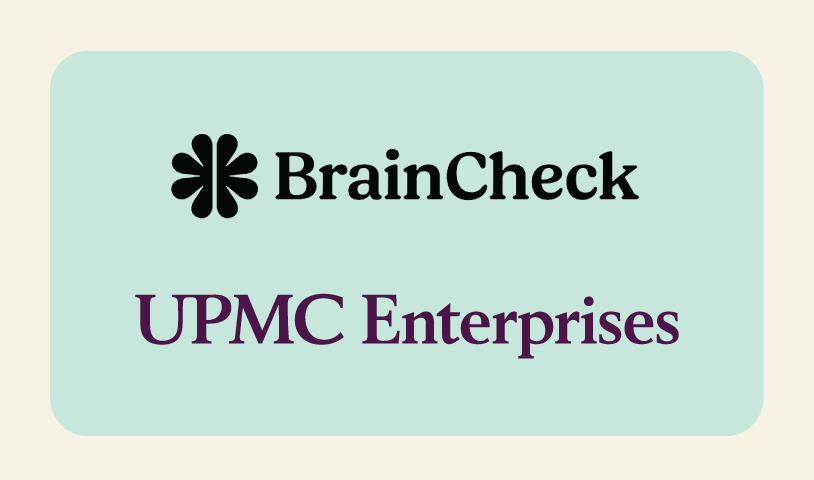
Jun 21, 2019
UPMC teams with Infectious Disease Connect to deliver a telemedicine solution to support value-based care
At a time when the demand for ID expertise is higher than ever and crucial in terms of avoidable risks, complex costs, and increasing regulatory requirements because of the national shortage of infectious disease physicians, UPMC Enterprises announced that it has launched Infectious Disease Connect (ID Connect).
Beginning inside of UPMC’s division of infectious diseases, ID Connect and its clinicians have been successfully utilizing telemedicine to bring infectious disease (ID) clinical consultation services to hospitals since 2013 and will now focus on more than 4,000 U.S. acute care hospitals with fewer than 300 beds.
According to a recent Modern Healthcare article, “for the past five years, we’ve been receiving a lot of requests from different hospitals in the area to help with their infectious disease needs,” said Dr. Rima Abdel-Massih, director of tele-infectious disease services at UPMC. “It got to a point where we were unable to take on all the sites coming to us.”
That’s when Abdel-Massih, who serves as ID Connect’s chief medical officer, and Dr. John Mellors, chief of UPMC’s division of infectious diseases, approached the health system’s innovation and commercialization arm, UPMC Enterprises, about founding a company.

ID Connect was formed to fill the gap by cost-effectively providing ID specialists, full-time or part-time, to augment existing staff at hospitals. Initially, the new company will be staffed by UPMC ID physicians. As ID Connect grows into new markets, it will hire additional physicians.
ID Connect tackles three main areas: patient care, antimicrobial stewardship and consulting with hospitals about infection prevention and control. “Longer-term, the company expects to serve post-acute care, patients at home following hospital discharge, and international facilities,” said David Zynn, president of ID Connect. Additionally, ID Connect is able to support value-based care by providing a wide range of services from live video consultations to provider-to-provider telephone consultations to reduce costs and improve satisfaction among physicians, pharmacists, and staff.
In addition to the need to provide better care to patients and lower costs, hospitals can face penalties from the government if they don’t reduce health care-associated infections. Effective ID programs in hospitals have been shown to reduce patient transfers from small community hospitals to tertiary facilities, as well as decrease infections, produce shorter hospital stays, cut readmissions, and lower patient mortality.
“As diagnosing and treating infectious diseases and ‘superbugs’ become increasingly complex, having access to infectious disease experts will be essential for every healthcare facility,” said Zynn in a Healthcare Innovation article. “Created by a health system that has led the way in both managing infectious diseases and implementing telemedicine, ID Connect is well-positioned to effectively serve hospitals and their patients.”
“[Health care providers] used to typically come to us in Pittsburgh,” said Zynn, in an interview for mHealth Intelligence. “Now we’re turning it around and going to them.”
ID Connect also was featured in Health Data Management Magazine, Becker’s Hospital Review, and locally in the Pittsburgh Business Times.
Please visit the ID Connect website for more information and follow the new company on LinkedIn and Twitter.


